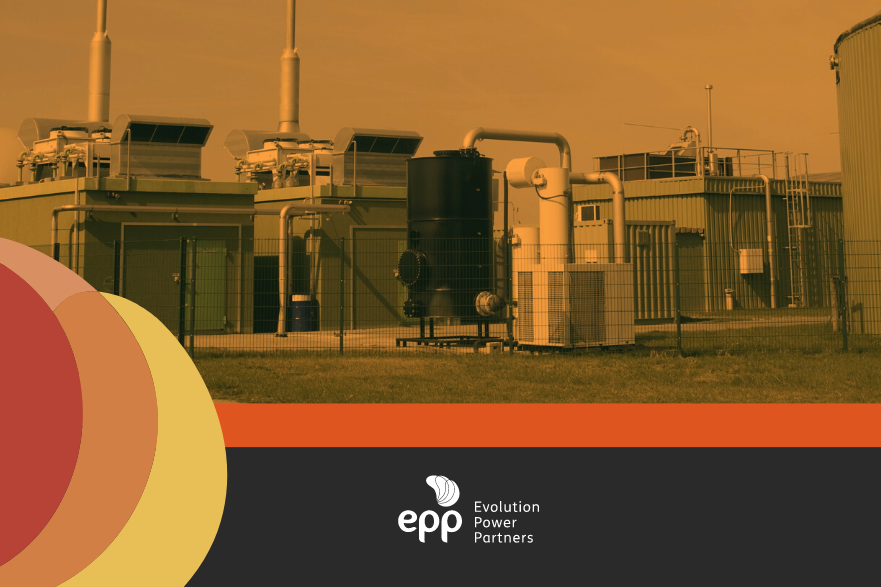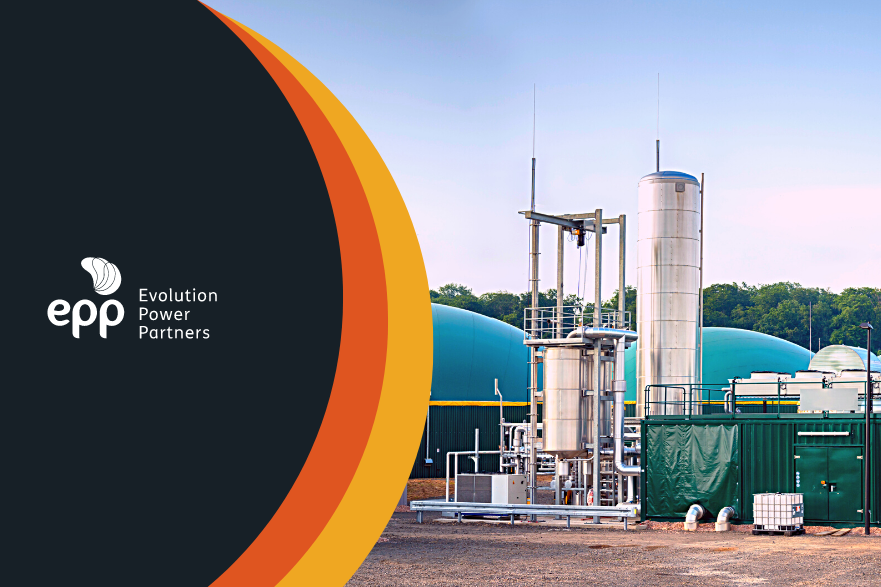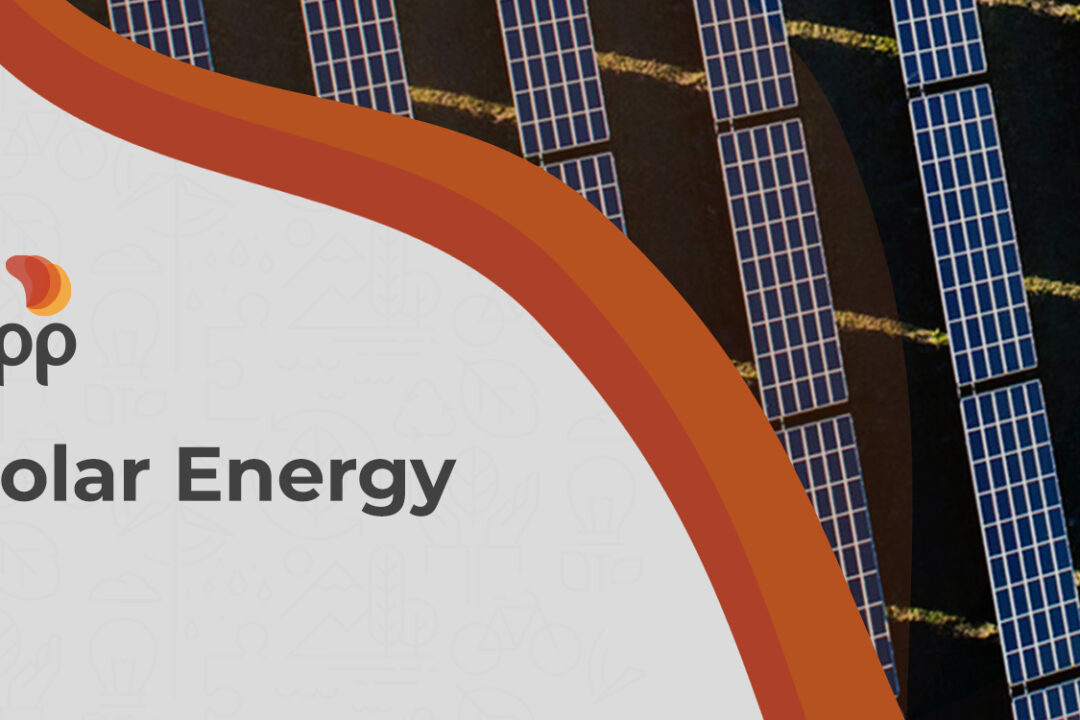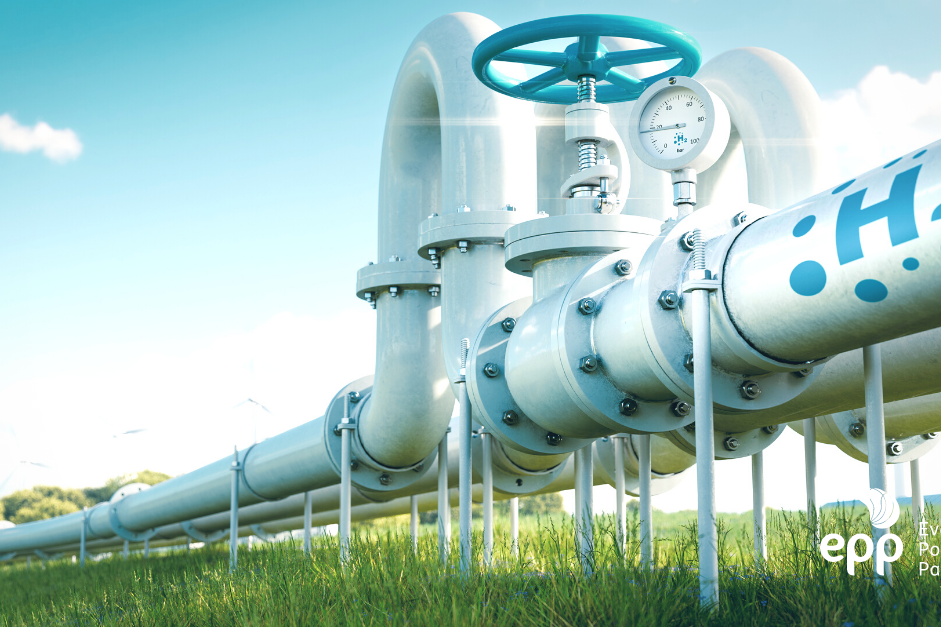The production of energy from garbage is already a reality. Understand the challenges that prevent the Waste-to-energy (WTE) market from developing.
The Waste-to-Energy (WTE) market in Brazil is still underdeveloped due to a number of factors, such as little investment in the model and little market maturity. WTE plants have a great advantage over other sources, as they are non-polluting thermal and have low intermittency, especially when compared to wind and solar sources. In addition, the model also solves part of the urban solid waste (USW) problem, which is still a major social and public health problem in most municipalities.
Seen as a new and developing energy source, thermal and biological waste treatment technologies have been operating for decades in several countries around the world and are economically viable. In other words, Brazil is still behind in this type of investment, with most of its garbage being illegally sent to landfills.
3 challenges for the Waste-to-Energy (WTE) market in Brazil
It is possible to identify some obstacles and challenges that still limit the development of the WTE market in the country. Check out.
1. Difficulties in attracting investors
Until the publication of the new sanitation framework, which came into effect in 2020, the biggest obstacle to this model was the difficulty in attracting investors. With the old model, there was a temporal limitation in the contracts, about 5 years, which made it impossible to implement WTE plants that demand time and financing for implementation.
Now, with the legal changes, it is possible to establish more lasting partnerships and attract investors. Project finance, for example, is a mechanism for structuring financing sources for industrial and infrastructure projects in which the risks are divided into a Special Purpose Entity (SPE). The aim is that risks are not contaminated by shareholder risks. In other words, this model allows the analysis of the risk of obtaining financing to depend mainly on the project and not only on its financiers.
Thus, it is possible for Waste-to-Energy (WTE) plants to be developed through this financing method, attracting the interest of financial institutions and the creation of specific credit lines for WTE.
2. Underdeveloped market
Although the National Solid Waste Policy has been in force since 2010, the lack of inspection and sanctions still allows for the disposal of MSW in illegal landfills. In other words, one of the obstacles to the development of the WTE market is the slow transition from the old model to this option. In a cyclical way, the little development of the market and the low adhesion of the municipalities make investments unfeasible, leaving the source still expensive compared to other options. Therefore, the creation of the regulatory framework and other complementary laws are essential to establish the necessary legal certainty for commercially scalable projects.
Currently, it is possible to classify WTE projects as Distributed Generation (GD). However, the model is limited to 5 MW and cannot be classified as a priority project, making it necessary to lease assets, which is yet another challenge in the case of Public-Private Partnerships. The opening of the free market would allow the negotiation of generated energy with smaller ACL consumers, making the plants financially viable. The creation of infrastructure debentures also includes sanitation and WTE plants, providing investments in the sector.
3. High costs for project implementation
To make projects viable, it is necessary to go beyond the creation of financing lines and financial instruments. In this sense, it is important that the environment encourages private investments. By 2031, it is estimated that more than R$ 11 billion a year will be needed in infrastructure investments to ensure sustainable management of solid waste in Brazil.
The WTE plant is able to generate energy at competitive prices when all factors are compared, such as the externality generated by the waste. In other words, this model has a positive environmental impact, avoiding the emission of greenhouse gases and the contamination of drinking water, which can occur with the incorrect disposal of waste. However, what happens in energy auctions is that contracting takes place at the lowest price. Thus, the WTE plants end up being passed over.
Thus, it is possible to conclude that the WTE market still has a long way to go, but it has already taken its first step with recent changes in legislation. Want to learn more about clean solutions? Read hydrogen production content from biogas.





